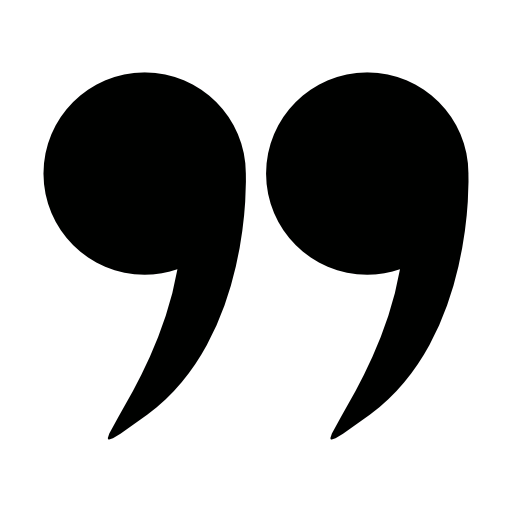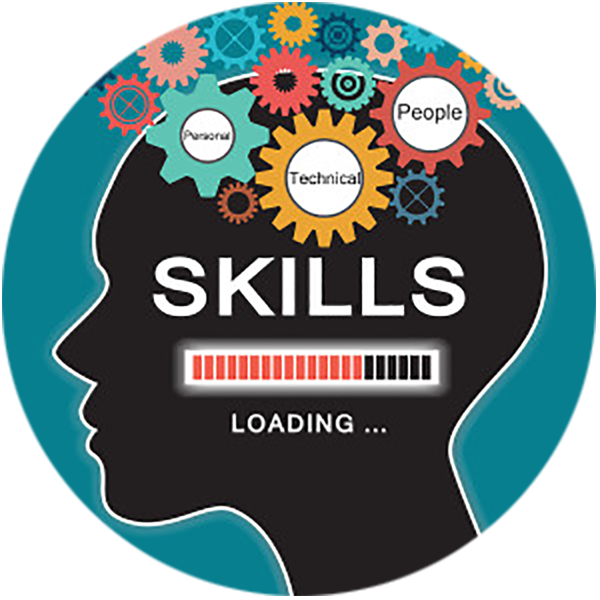How can I improve my time management skills?
Time management is a crucial aspect of personal and professional success. It allows us to be more productive, prioritize our tasks, and achieve our goals efficiently. However, many individuals struggle with managing their time effectively. They often find themselves overwhelmed and stressed due to their workload, leading to missed deadlines and unaccomplished tasks. In this blog, we will discuss some effective strategies to improve time management skills.
-
Identify and Prioritize Tasks: The first step to effective time management is identifying and prioritizing tasks. This can be achieved by making a to-do list or using a productivity app that allows you to list your tasks in order of importance. Prioritizing tasks will help you focus on the most critical tasks, ensuring they are completed on time.
-
Set Realistic Goals and Deadlines: Setting realistic goals and deadlines is another essential aspect of time management. It is essential to set achievable goals and deadlines to avoid unnecessary pressure and stress. This will also allow you to break down larger goals into smaller, more manageable tasks.
-
Avoid Procrastination: Procrastination is a common obstacle that affects time management. To avoid procrastination, it is essential to identify the reasons behind it. Often, procrastination stems from a lack of motivation or fear of failure. Addressing these issues can help reduce procrastination and improve productivity.
-
Minimize Distractions: Distractions can significantly affect productivity and time management. Common distractions include social media, emails, and phone notifications. To minimize distractions, it is essential to establish boundaries and set specific times to check emails and social media.
-
Learn to Delegate: Delegating tasks to others can be an effective time management strategy. It allows you to focus on critical tasks while ensuring other tasks are completed efficiently. Delegation also helps develop leadership skills and builds trust with team members.
-
Take Breaks: Taking regular breaks is crucial to avoid burnout and maintain productivity. Short breaks help recharge your energy and improve focus. It is essential to schedule breaks throughout the day and take time to relax and recharge during weekends or days off.
-
Use Time-Blocking Techniques: Time-blocking is an effective technique that involves scheduling specific time blocks for each task. This allows you to focus on a single task and avoid multitasking, which can significantly affect productivity.
-
Learn to Say No: Learning to say no is a vital time management skill. It is essential to prioritize tasks and avoid taking on unnecessary commitments that can affect productivity and increase stress levels.
-
Manage Email and Communication: Email and communication management are critical aspects of time management. It is essential to set specific times to check emails and respond to messages. This ensures that you are not constantly interrupted and can focus on critical tasks.
-
Use Productivity Tools: Several productivity tools are available to help manage time more effectively. These tools include to-do lists, time-tracking software, and productivity apps that can help you stay organized and on track.
In conclusion, effective time management is essential for personal and professional success. By identifying and prioritizing tasks, setting realistic goals and deadlines, minimizing distractions, learning to delegate, taking breaks, using time-blocking techniques, saying no, managing email and communication, and using productivity tools, you can significantly improve your time management skills and achieve your goals more efficiently.






























